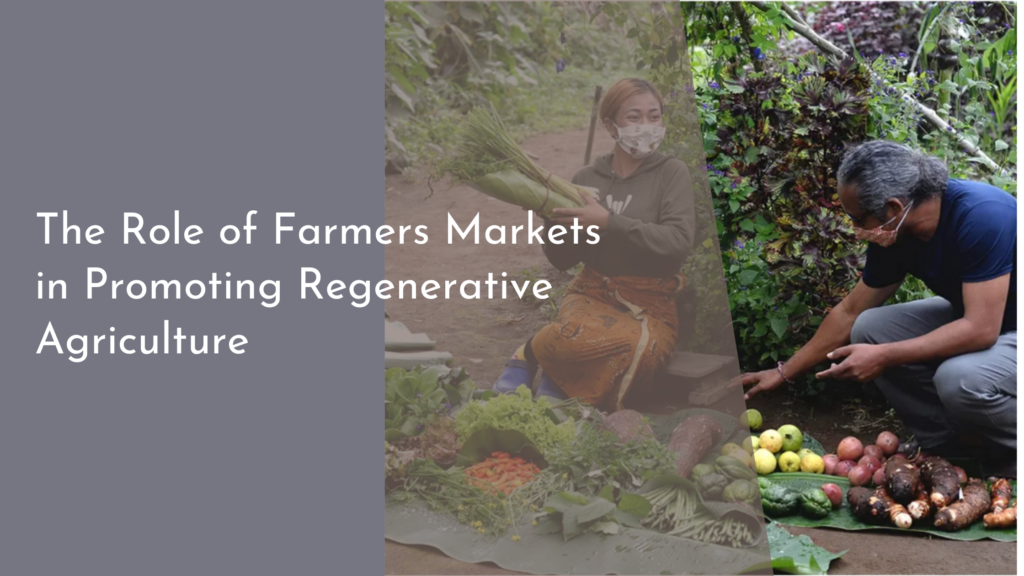Permaculture Certifications: Understanding the Options
Permaculture, a holistic approach to sustainable living and agricultural practices, has gained significant traction over the years. As more individuals and communities recognize the importance of ecological balance, permaculture certifications have become vital for those looking to deepen their understanding and enhance their skills in this transformative field. Whether you’re a novice eager to learn or an experienced gardener wishing to formalize your knowledge, the world of permaculture certifications offers various pathways tailored to diverse needs and interests.
Navigating through the options can be both exciting and overwhelming, but understanding the available certifications can empower you to make informed decisions on your permaculture journey. Let’s delve into the key benefits of earning a permaculture certification, explore the different types available, and discuss how to choose the right one for your personal and professional growth!
Exploring the World of Permaculture Certifications Today!
The landscape of permaculture certifications is vibrant and ever-evolving, reflecting the growing interest in sustainable practices across the globe. Various organizations and institutions offer programs that cater to different skill levels, from beginners to advanced practitioners. These certifications often focus on hands-on learning and real-world applications, enabling participants to apply their knowledge effectively in their own ecosystems or communities.
Furthermore, permaculture certifications are not limited to agricultural practices alone. They often encompass a wide array of subjects including design principles, community engagement, and environmental ethics. This multidisciplinary approach allows individuals to gain a holistic understanding of permaculture, enhancing their ability to create sustainable systems that are both productive and environmentally friendly.
Key Benefits of Earning a Permaculture Certification
Earning a permaculture certification can significantly boost your confidence and credibility within the field. As permaculture becomes increasingly recognized as a valid approach to addressing ecological and agricultural challenges, having a certification can enhance your skillset and increase your employability in sectors that prioritize sustainability. Whether you’re seeking to work in community gardening, regenerative agriculture, or environmental education, a certification underscores your commitment and expertise.
Additionally, certifications often provide access to a network of like-minded individuals and professionals. This community can be invaluable for sharing resources, ideas, and support as you implement permaculture principles in your own life or projects. Many programs include opportunities for collaboration, mentoring, and hands-on experience, enriching your learning experience while fostering lasting relationships within the permaculture community.
Different Types of Permaculture Certifications Explained
There is a variety of permaculture certifications available, each designed to cater to different learning goals and experiences. The most recognized is the Permaculture Design Certificate (PDC), which typically involves a comprehensive curriculum covering the core principles and ethics of permaculture design. This certification usually requires around 72 hours of coursework, and upon completion, participants are equipped to design sustainable systems for their own use or for community projects.
In addition to the PDC, there are specialized certifications available, such as those focused on specific aspects like urban permaculture, regenerative agriculture, or permaculture teaching. Some organizations offer advanced certifications for those looking to deepen their expertise, such as the Permaculture Teacher Training course, which prepares individuals to educate others about permaculture principles. These diverse offerings ensure that there is a certification that meets the unique needs and aspirations of every permaculture enthusiast.
Choosing the Right Certification for Your Journey!
When selecting a permaculture certification, consider your personal goals and the specific areas of permaculture that interest you most. Reflect on whether you want a broad introduction through a PDC or if you’re aiming to specialize in a particular niche. Additionally, consider the format of the courses; some programs are offered in-person, while others may be available online, making it easier to find a schedule that fits your lifestyle.
It’s also beneficial to research the instructors and the organizations behind the certifications. Look for programs with experienced practitioners who share your values and teaching styles. Reading reviews and testimonials from past participants can also provide insight into what to expect, helping you choose the certification that aligns best with your journey in the fascinating world of permaculture.
In conclusion, permaculture certifications offer a fantastic opportunity to deepen your understanding of sustainable practices and contribute positively to the environment. With a variety of options available, you can find a certification that aligns with your interests, goals, and lifestyle. Whether you’re looking to enhance your skills for personal projects or to embark on a professional journey in sustainability, a permaculture certification can serve as a valuable stepping stone. Embrace the learning process, engage with the community, and let your passion for permaculture flourish!


